detail profile ritva arvelo
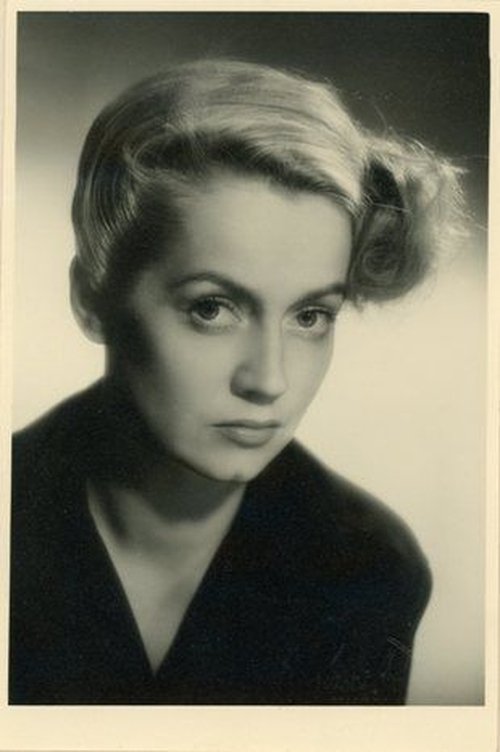
Riwayat Hidup
Ritva Helinä Arvelo (11 March 1921 – 26 October 2013) was a Finnish actress, director, screenwriter and a pioneer in modern dance.
She was one of the first four Finnish women film directors.
Arvelo was born in Helsinki.
Arvelo attended the first course of the Helsinki Theatre Academy in 1943 and also graduated with a master's degree in romance philology from the University of Helsinki.
In the 1940s, she worked as a dancer in Maggie Gripenberg's internationally acclaimed champion group and worked as a model for fashion salons in Helsinki.
During her career, Arvelo worked for the Finnish National Theatre and appeared in such films as Radio tekee murron (1951), Kilroy sen teki (1957), Nothing but Love (1984) and Burning Angel (1984).
She also worked as a director at the Helsinki Folk Theater-Workers' Theater and the Intimate Theater, co-founded the Praesens dance group in 1961 with Raija Riikkala and led it.
In 1968, Arvelo published the pamphlet The Closed Bath of Our Theater (Folk Culture 1968).
Her directorial work at the National Theater included modern European drama and Finnish versions of American musicals.
In addition, she translated French plays into Finnish.
In 1961, she became only the fourth Finnish female film director when she directed a film Kultainen vasikka, based on a play by Maria Jotuni.
The film received the state film award and a Jussi Award for actor Helge Herala.
This remains her only directorial effort.
[6]
As a screenwriter, Arvelo worked with Matti Kassila on his films Syntipukki (1957) and Kuriton sukupolvi (1957).
She also wrote the screenplay for Kultainen vasikka.
In 1961, Arvelo was one of the founding members of the modern dance group Praesens.
In the 1980s, Arvelo continued to star in Anssi Mänttäri's films Nothing but Love (1984) and Farewell, Goodbye (1986).
She also played a small role in Lauri Törhönen's film Burning Angel (1984).
For personal reasons, she withdrew entirely from the entertainment industry and the public in the mid-1980s.
Info Pribadi
Peran Yang Di Mainkan Ritva Arvelo
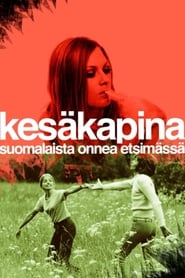 Young photography model Susanna and her...
Young photography model Susanna and her...Kesäkapina 1970
Young photography model Susanna and her alienated teenage brother Veli spend the summer of 1969 travelling around Finland, mostly with another girl and her boyfriend. Sporting the latest fashions and trendy hairdos, they naïvely observe and criticise the modern consumer society, advertising, fancy boats and summer cottages, country dances, barbecues, and any other phenomena that were supposed to bother angry young intellectuals in those days. The plot and the political agenda are delivered with a cheerful, tongue-in-cheek mixture of documentary observations, fake TV commercials, fake interviews, philosophical voiceovers and titles, and a jazzy soundtrack by the progressive rock group Wigwam.
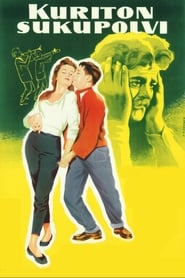 Aging professor of mathematics completes his...
Aging professor of mathematics completes his...Kuriton sukupolvi 1957
Aging professor of mathematics completes his life's work, a research project that has taken him decades, and climbs up from the boiler room (his study) and back to real life. He can hardly recognize his rebellious teenage kids and materialistic wife who hardly seem to notice his existence. The only person who is interested in the professor's work is Marja, his son's girlfriend and freshman at the university. An innocent infatuation flares up between the old man and the young girl, while the professor's family is only interested in the prize money awarded to the professor by an international jury for his academic achievements.
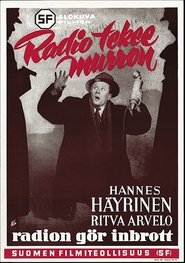 Eager young radio reporter Tersvuori stages...
Eager young radio reporter Tersvuori stages...Radio tekee murron 1951
Eager young radio reporter Teräsvuori stages a one-man burglary into the Helsinki Art Museum, recorded on tape for a later broadcast by his friend Laakso. Things go awry when a gang of real criminals overhear their plans and book their heist to coincide. Teräsvuori gets caught but escapes from police custody to start his private investigations together with female radio colleague Eila.
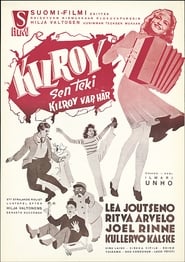 Ulla Jrvinen gets a telegram about...
Ulla Jrvinen gets a telegram about...Kilroy sen teki 1948
Ulla Järvinen gets a telegram about the death of her aunt and that she has inherited a manor, but the aunt is very much alive.
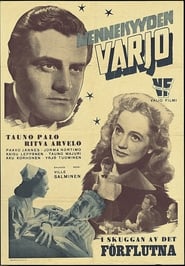 A story of a stunning ladies...
A story of a stunning ladies...Menneisyyden varjo 1946
A story of a stunning ladies man engineer Rainer Leimu, whose life is weighed down by a broken family background. Rainer marries his employer's daughter, but the happiness of the young couple is overshadowed by Rainer's jealousy and the tragic past of his parents.
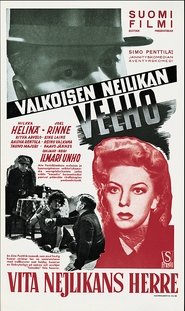 Dentist Lauri Liesi is performing as...
Dentist Lauri Liesi is performing as...Valkoisen neilikan velho 1945
Dentist Lauri Liesi is performing as a magician in the Hotel Metropol. Meanwhile, during his performance top-secret letters of engineer Arpila are stolen from his room. Mr. Liesi is then being accused of the theft. To clear his name he starts to investigate and search the culprits from the criminal underworld. With the help of a former circus man Romonen he begins to unveil the truth.
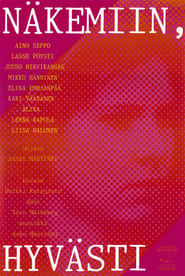 When a new man appears in...
When a new man appears in...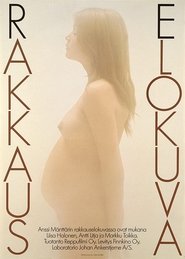
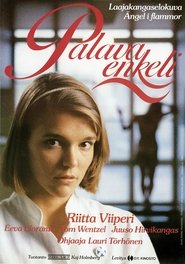 A newly graduated nurse Tuulikki starts...
A newly graduated nurse Tuulikki starts...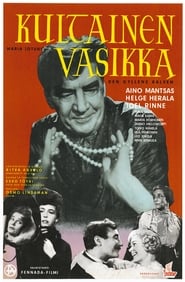 Finnish period comedy set to the...
Finnish period comedy set to the...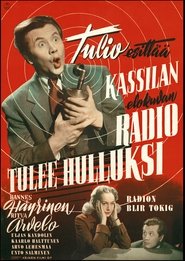
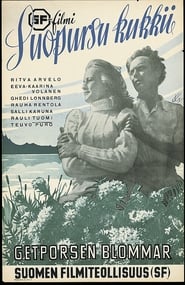
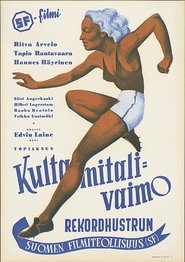 Two conservative men are surprised when...
Two conservative men are surprised when...